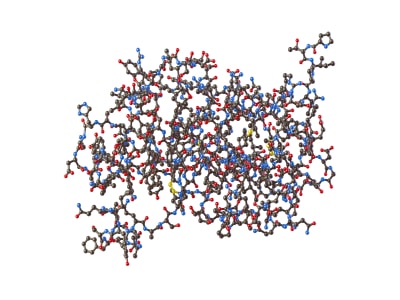Model of Growth Hormone Human Growth Hormone Facts Human growth hormone facts are hard to come by being overshadow by many...

Model of Growth Hormone Human Growth Hormone Facts Human growth hormone facts are hard to come by being overshadow by many...